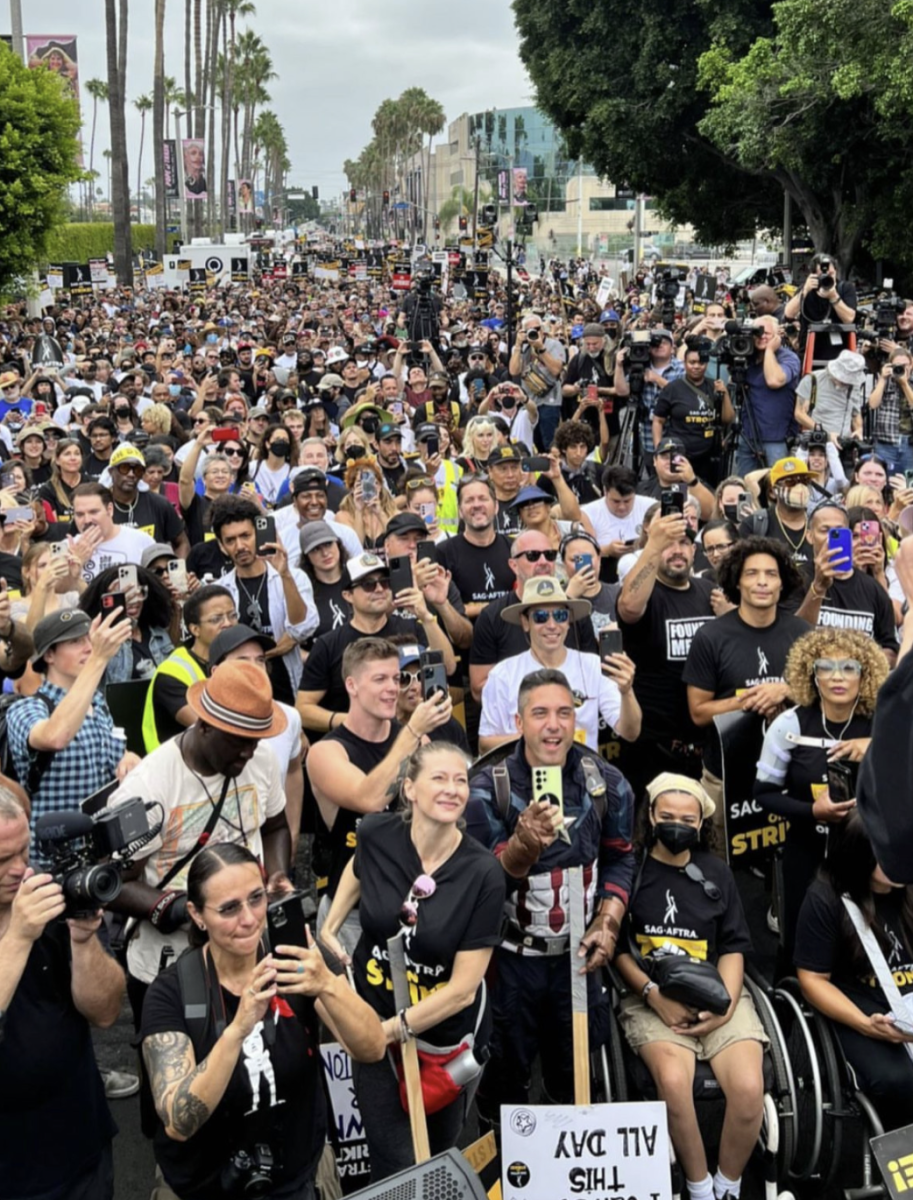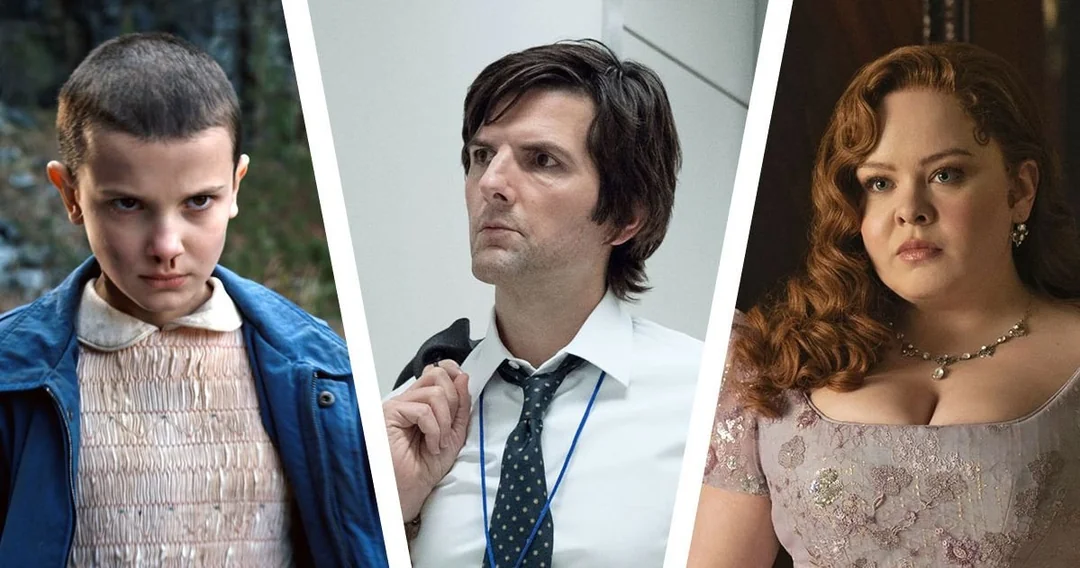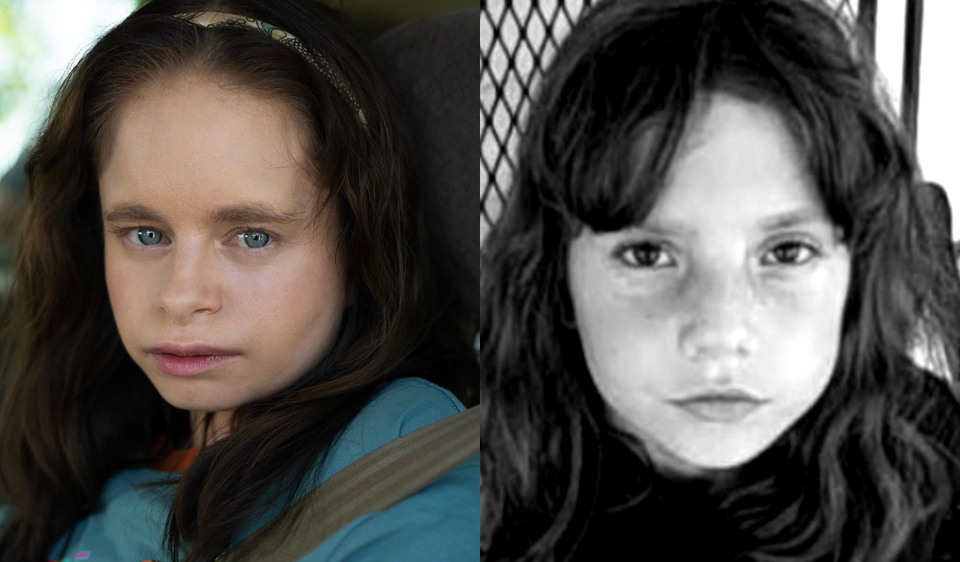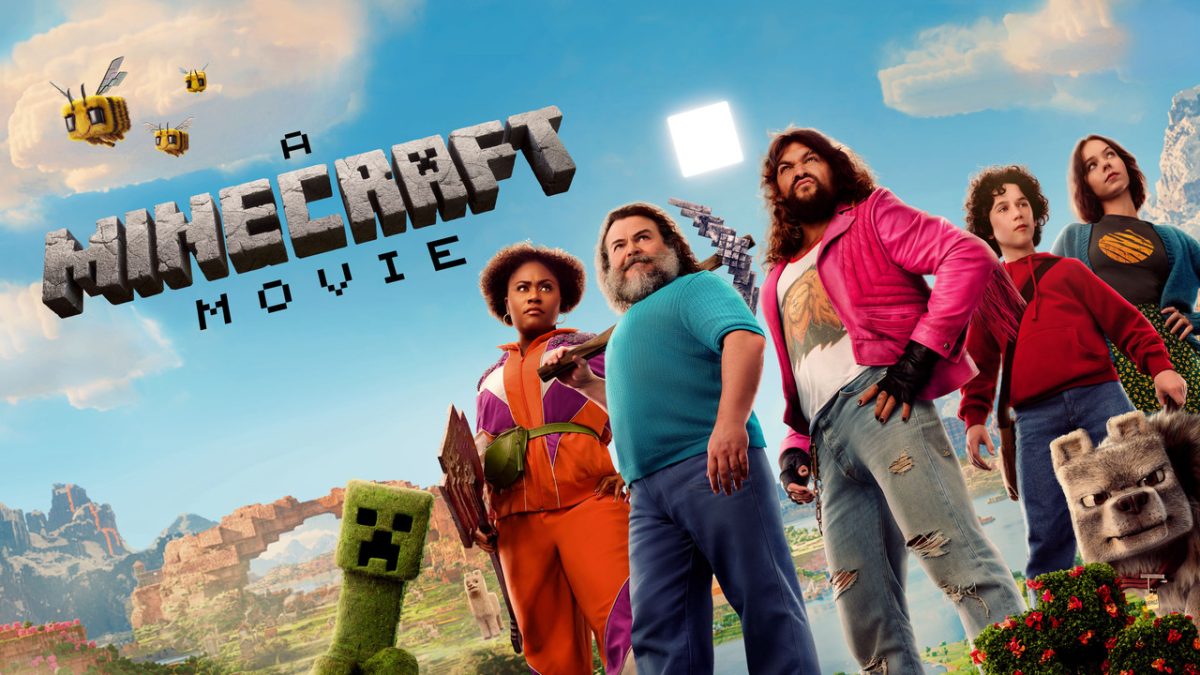“Hey hey, ho ho! Corporate greed has got to go!” Over 170,000 actors and screenwriters flooded the streets of New York City, Los Angeles, Chicago, and Orlando with chants and classic picket signs, refusing to work on new or promote any existing projects in Hollywood. Movies and TV shows like “Abbott Elementary,” “Euphoria,” “Stranger Things,” the next three “Avatar” movies, “Family Guy,” and several others releases were and are delayed because of this, according to CableTV. So, why were actors and writers suddenly on strike from working on these projects?
SAG-AFTRA, the Screen Actors Guild and the American Federation of Television and Radio Artists, and the WGA, the Writer’s Guild of America, are labor unions representing mainly actors and screenwriters who work on TV and movies. The WGA began striking on May 2, no longer writing for major streaming companies. SAG-AFTRA followed suit on July 14. According to NBC News, the two unions decided to no longer work for or promote projects from the major streaming services with the AMPTP, the Alliance of Motion Picture and Television Producers. This includes companies such as Apple, Amazon, Paramount, Disney, Netflix, and Warner Bros. The WGA reached a deal with the AMPTP on Sept. 24 after 146 days of being on the picket line and is no longer striking, however the SAG-AFTRA strikes have not reached a conclusion.
These strikes are taking place for a plethora of reasons that can be summarized into two main points: fair compensation and job security with the rise of artificial intelligence. Due to how streaming services are evolving, many writers and lesser-known actors believe that their pay is too low. When a movie or TV show is replayed, actors earn a form of steady profits called residuals. Kelee Stewart, an actress who has performed on shows “All American” and “Black-ish,” shared a picture on X (formerly Twitter) of five payments she earned from residuals on streaming services, which came out to a whopping thirteen cents. In addition, the minimum amount of money a performer needs to earn in one year to qualify for health insurance is $26,470, and only about 12.7% of SAG-AFTRA members qualify, according to CNN. Actors are worried about technological advances as well. AI technology and CGI have been able to “duplicate” actors, especially background “extras,” for years now, as seen in films such as “Marvel Avengers Infinity War,” “Lord of the Rings,” “Indiana Jones,” “Star Wars,” and others. The threat to the performers’ and writers’ jobs is clear with the rise of technology.
While the strikes were and are being broadcast to the public, a great deal of perseverance goes on behind the scenes to end them. Duncan Crabtree-Ireland, the chief negotiator for SAG-AFTRA, as well as other committee members and presidents of the union, have been working to negotiate with the AMPTP. With several failed attempts, though, nobody knows for sure how long the actors’ strikes will last. “There are people really hurting in Canada, the United States, and around the world because of this strike,” said Crabtree-Ireland. “All I can promise you is… we will bring it to a close as soon as we possibly can. We’re the ones who have been saying… ‘get back to the table, let’s keep negotiating.’” As these mediations continue, the future of television and movies remains uncertain, but the determination of the labor unions and their members remains steady.















